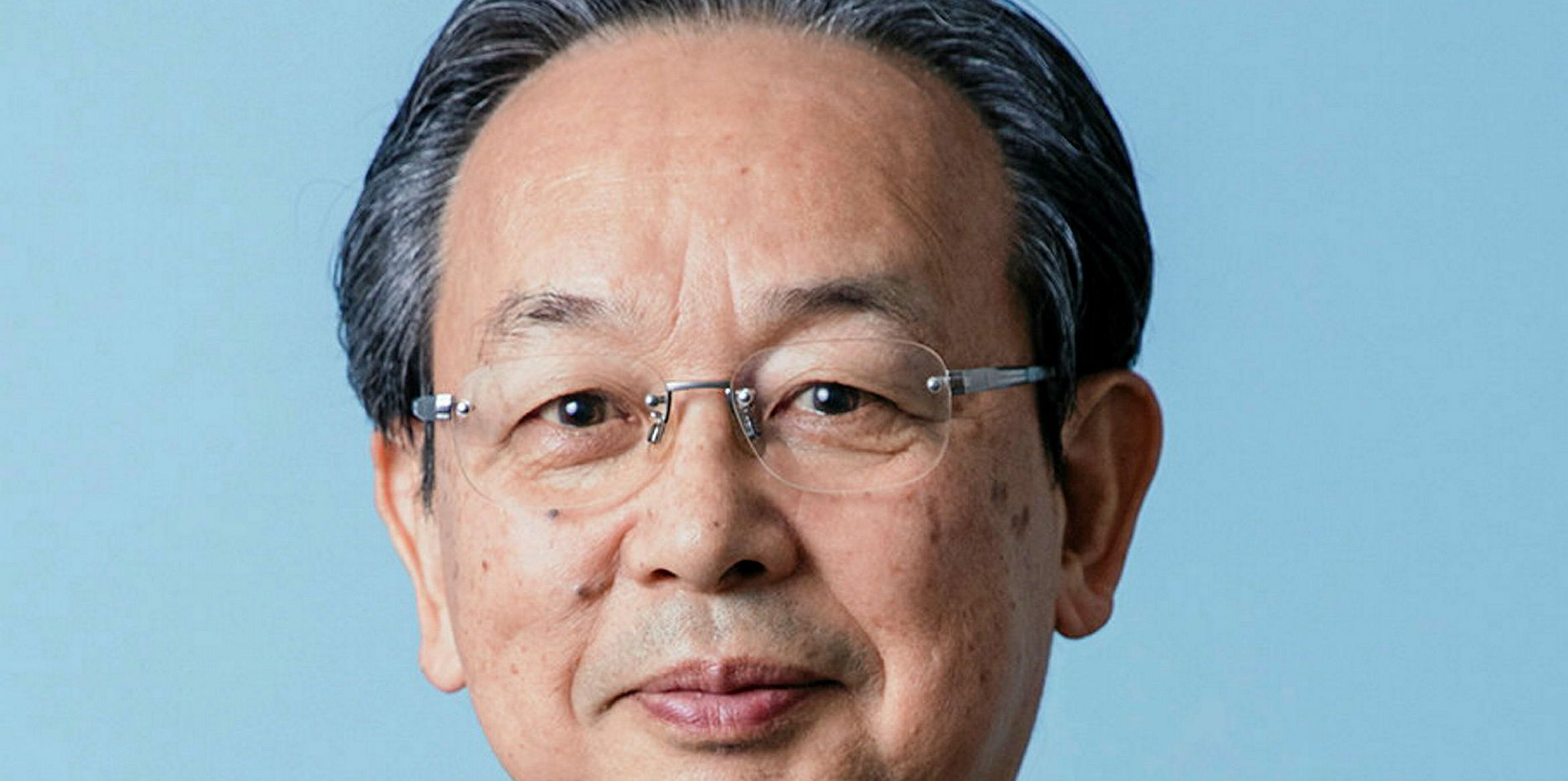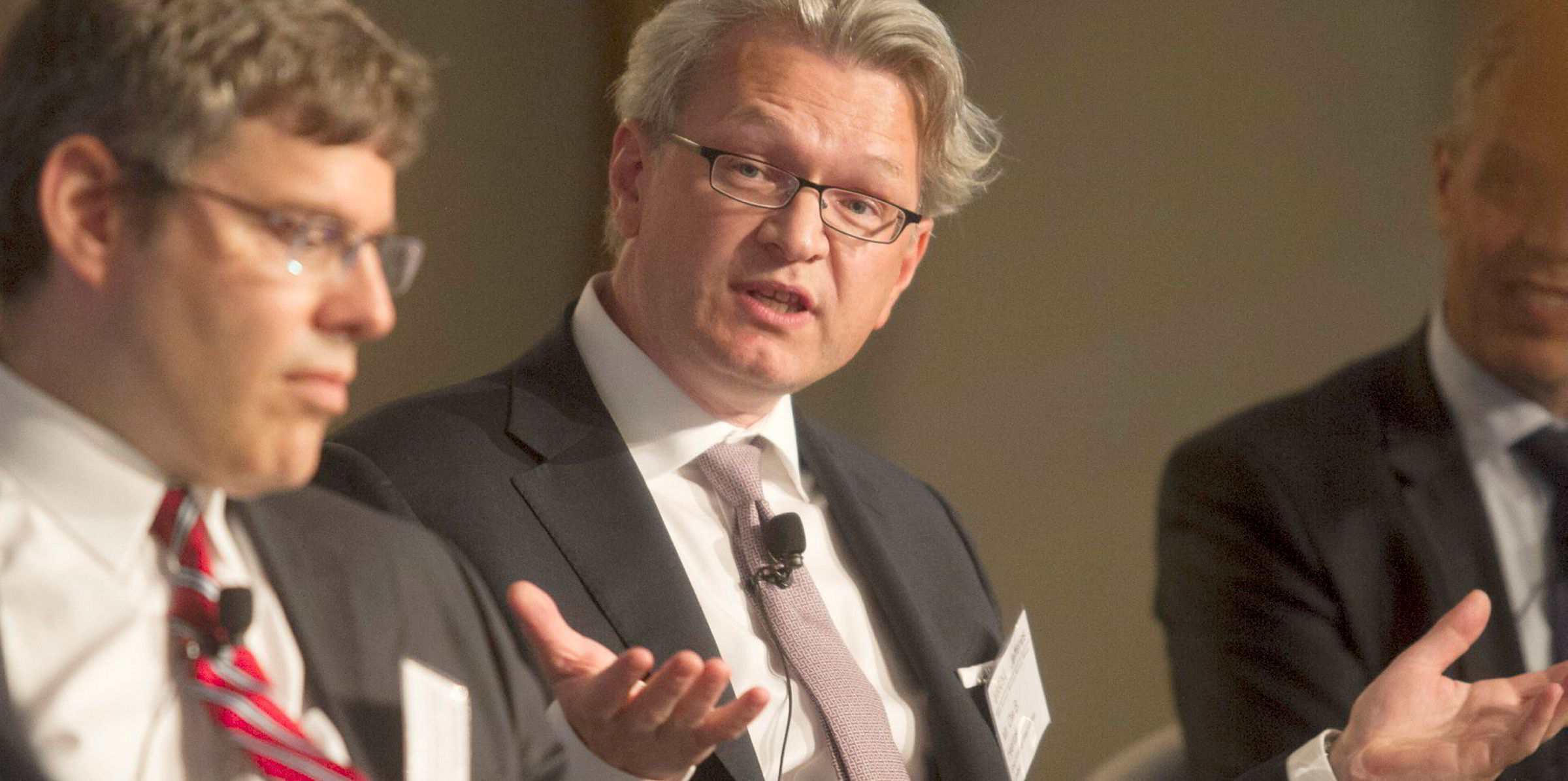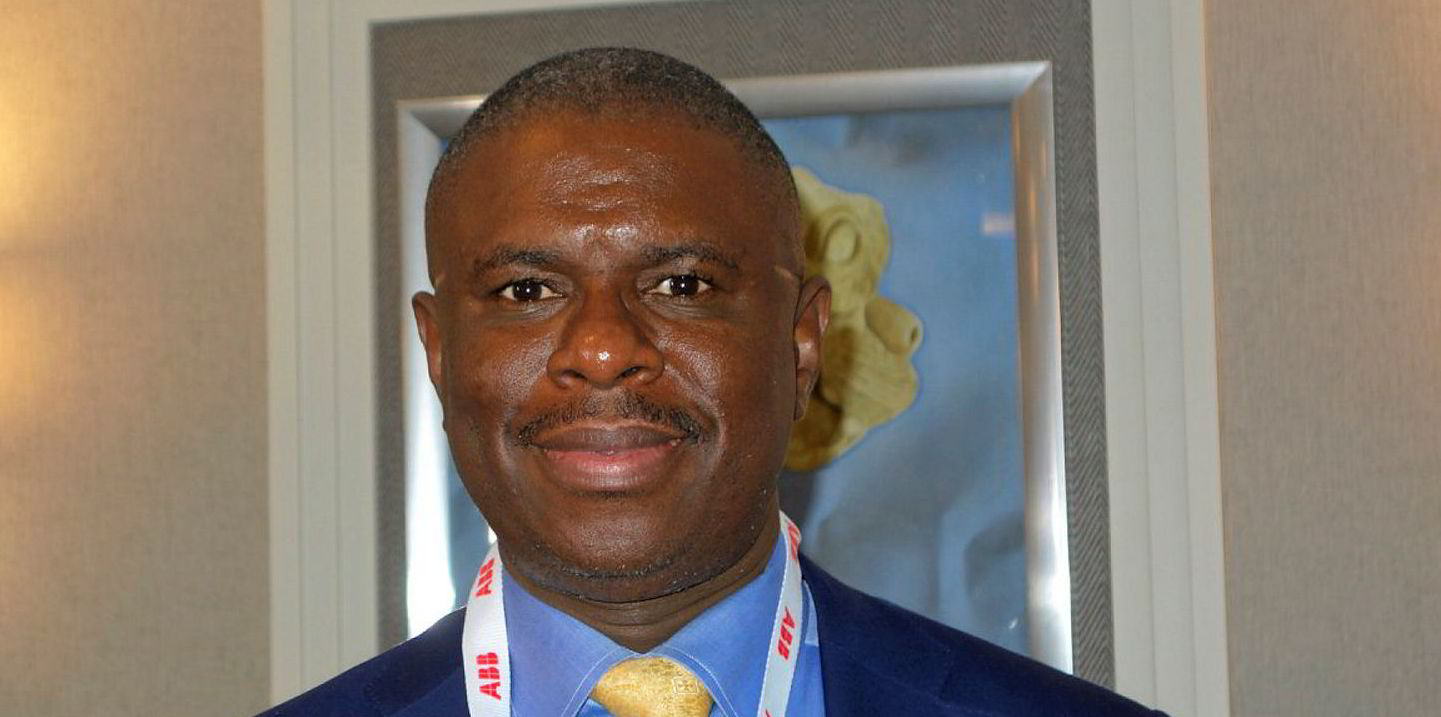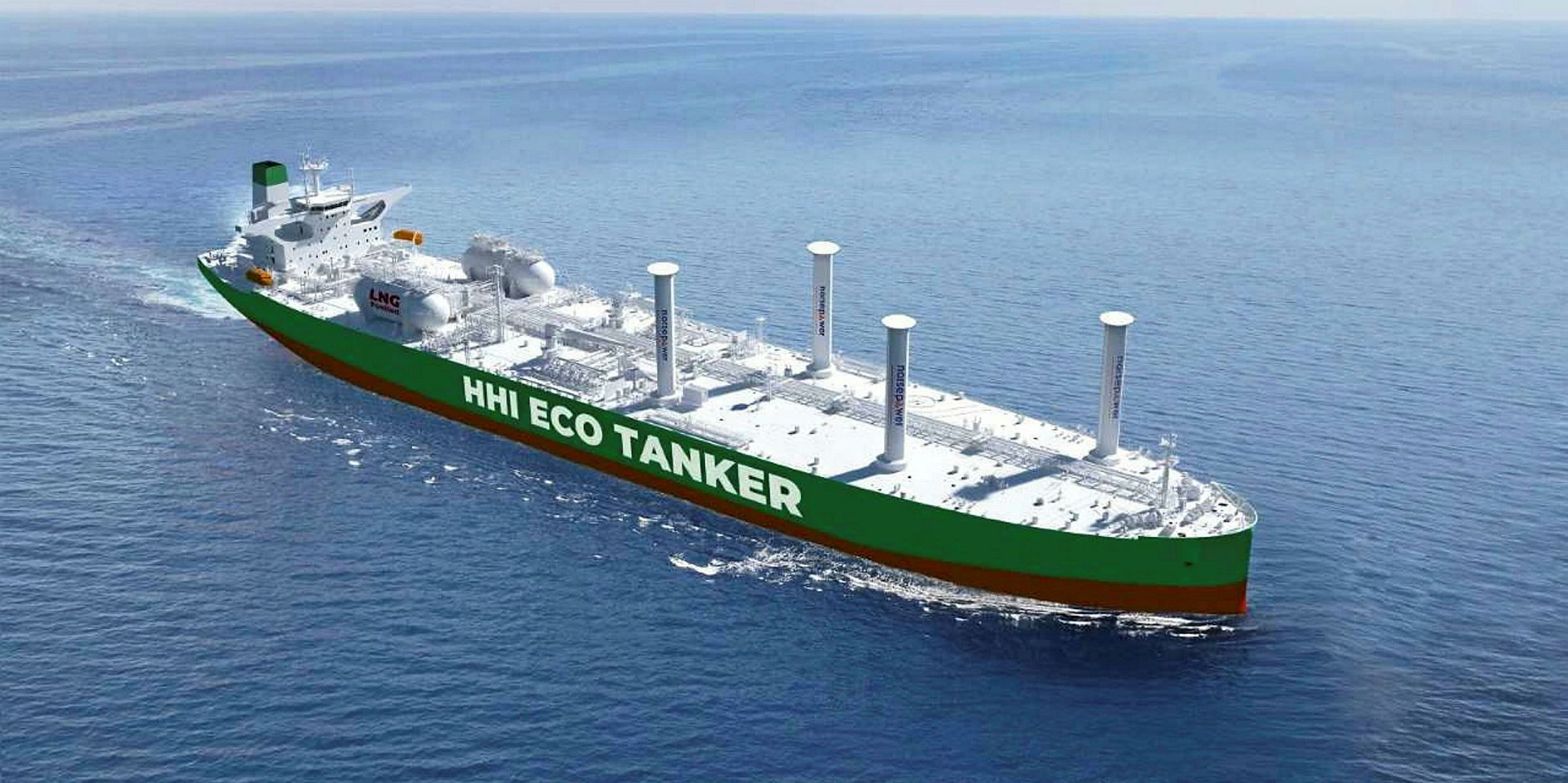How did you enter shipbuilding? Was it always your ambition to work in the industry?
After graduating with a master of science in mechanical engineering, I joined Mitsui Engineering & Shipbuilding as a design engineer.
When I was a child, I had several opportunities to get onboard very big ferries operated between Hokkaido, Honshu and Shikoku. This experience must have motivated me to join the shipbuilding industry, and the ambition to work in the industry became concrete when I was at university.
Who has been the greatest influence on your career?
I cannot nominate only one person. So many people educated me and had influence on me.
What else would you have done if you hadn’t gone into shipbuilding?
I have no idea, but for sure [in the] heavy industry business.
What would you change about the industry if you could?
Shipbuilding [competes within a] “world single market” and the basic principle should be fair competition.
Global discipline on business practice is essential, not allowing shipbuilders to survive by indulging in low-pricing order intake with the subsidy of governments or affiliated organisations.
Our industry should be able to maintain its profitability to ensure sustainable future investments in technology and human-resources developments.
What is the most important lesson you have learned?
Good communication with people. Negotiations with shipowners on design specifications, discussions with owners’ representatives at the construction stage at the shipyard, and many other occasions gave me [a lot] to think about how important it is to have good communication with each other to solve the conflicts and establish a win-win situation.
How would you invest a hypothetical $200m in shipping or shipbuilding today?
As an industry, investments towards fundamental technology development, such as those for new technology applicable to the future vessels or new construction methods utilising IOT (internet of things) or AI (artificial intelligence), are necessary.
Investing towards enhancing capabilities of the young generation of engineers and workers and candidates wishing to work in our industry in a structured manner is [also important].
What advice would you give to somebody looking to start their career in shipbuilding today?
People wishing to join shipbuilding should recognise it is such a dynamic business, and you can play an active part with the clients worldwide.
It is important to experience things with broad insights, not only to obtain communication skills such as English.
What is your greatest achievement so far?
To have become chairman of the Shipbuilders' Association of Japan and [president] of the Japan Ship Exporters’ Association.
What ambitions do you still have?
It is essential for Japanese shipbuilding to survive, as we are a maritime nation and many goods are transported by Japanese shipowners and charterers.
Also, a wide range of shipboard equipment is supplied by Japanese marine equipment makers.
It is therefore worth the attempt to find vessels or other types of marine offshore equipment with new features and with more added value compared to the conventional ships such as cargo vessels or tankers.
“Environmentally friendly” is a must in the world we live in, and though shipping is the most energy efficient means of transport, we ought to realise the share of the volume of transport shipping covers.
“Autonomous” is the key to making a quantum leap to lead the way to challenge ... traditional shipping [faces]. And wider usage of IoT and AI is well perceived as the key to success.
What advice do you have for getting the most out of Nor-Shipping week?
Environmentally, Norway is a very advanced country with many technologies and ideas being developed from careful deliberations. Nor-Shipping is a good chance for the participants to study advanced technology and find insight or demand of ship operators for future technology.
Click here to keep up to date with TradeWinds' coverage of Nor-Shipping 2019.








